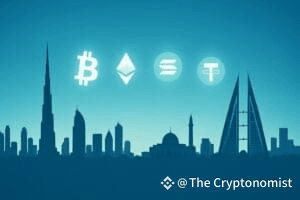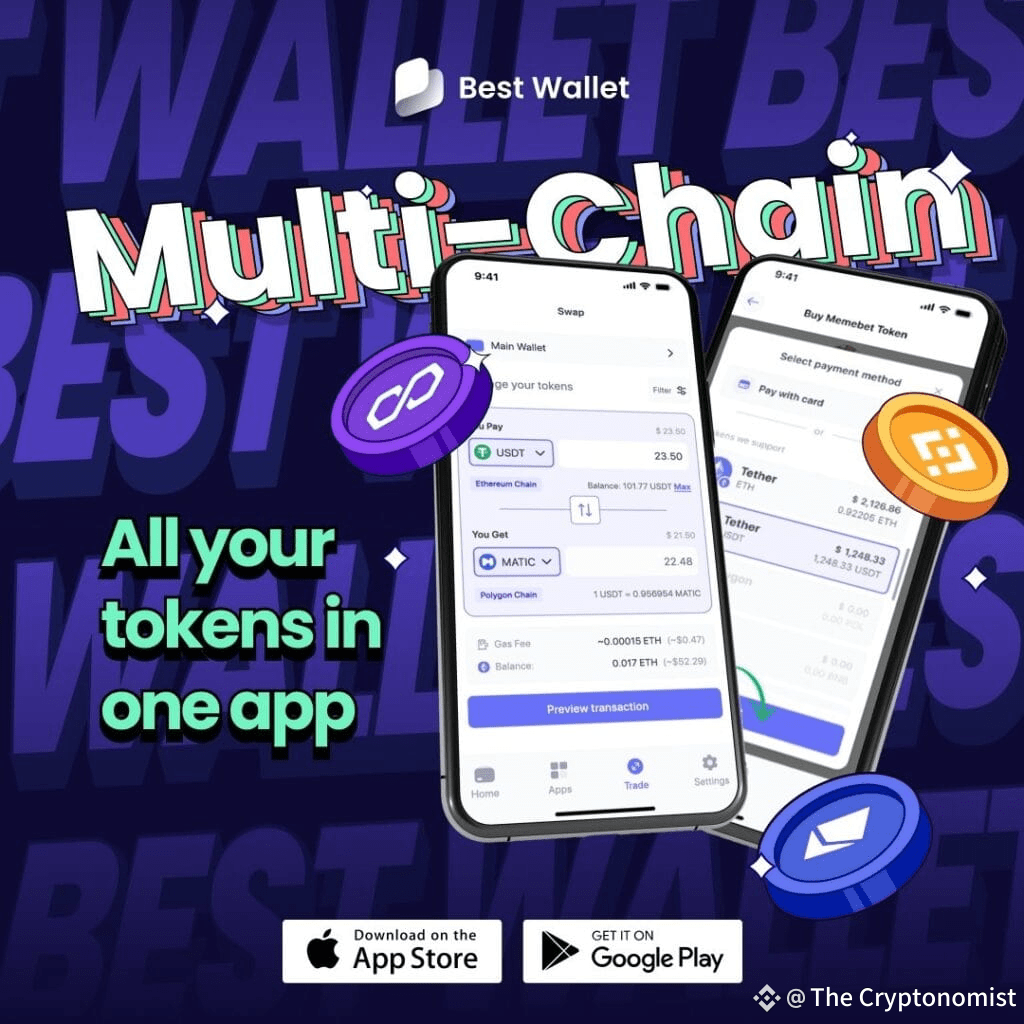
Bahrain is making a serious push to rival Dubai as the Middle East’s crypto hub.
It is engaging in discussions with over 50 financial services firms about establishing operations in the area, with nearly half of these firms focused on crypto or investment management services.
This effort is part of a broader regional surge, as hubs like Dubai, Abu Dhabi, and Riyadh attract hedge funds, asset managers, and crypto companies.
After oil, financial services are Bahrain’s second-largest source of income, and the kingdom is now leveraging this strength to attract crypto firms and investment managers from around the globe.
What makes Bahrain attractive?
The kingdom is offering incentives like no personal income tax, full foreign ownership, and a strategic financial location to attract global players such as Binance and Crypto.com.
While Dubai already dominates the region with its Dubai crypto exchange licenses under the Virtual Assets Regulatory Authority (VARA), Bahrain is positioning itself as a leaner, more flexible alternative that could appeal to both large and mid-tier exchanges.
Bahrain as a jurisdiction has faster licensing, lower regulatory barriers, and a strong reputation for financial oversight through the Central Bank of Bahrain.
In fact, prominent digital asset exchanges such as Binance and Crypto.com have already established operations in Bahrain. Binance secured a crypto-asset service provider license in 2022, while Crypto.com obtained a payment service provider license in 2024.
Top Middle East Exchanges vs Wallets
Many investors in the area are asking which crypto exchanges are the most reliable platforms to use.
Whether you choose a Bahrain-based platform or a Dubai crypto exchange, the same risk applies: your funds are never fully safe on an exchange. History has shown us what can happen:
FTX collapsed, freezing billions in user withdrawals.
Binance faced regulatory crackdowns that restricted services in several countries.
CoinDCX in India was hacked, losing millions overnight.
Even exchanges that claim to be the safest crypto exchange can suffer security breaches, withdrawal freezes, or sudden regulatory action.
Adding to this is the KYC (Know Your Customer) problem. Exchanges in Dubai, Bahrain, and across the world are increasingly pressured to collect user identity data. Once you’ve handed that over, you lose privacy, and your account can be frozen at the first sign of a compliance red flag.
That’s why many seasoned traders prefer to use exchanges only as an entry or exit point, for converting between fiat and crypto or for quick trades, before moving assets into a self-custody wallet they fully control.
This way, you still benefit from the competitive fees and liquidity of a Dubai crypto exchange or Bahrain’s emerging platforms, but you avoid the very real risks of hacks, withdrawal freezes, and government surveillance.
Best Dubai Crypto Wallet
The multiple risks associated with centralized crypto exchanges reinforces the argument for self-custody wallets, where Dubai users hold their private keys directly, minimizing the possibility of losing funds to hacks or internal malfeasance.
And as crypto adoption heats up in the region, modern tools like Best Wallet that deliver full self-custody without compromising on privacy or convenience are more critical than ever.

Best Wallet offers a strong line of defense against exchange vulnerabilities by putting ownership directly in the hands of users. However, this does not mean that the entire burden of security falls solely on them.
While users are expected to practice good security habits consistently, Best Wallet adds an extra layer of protection through its Fireblocks-backed architecture. An advanced security tool, Fireblocks splits private keys into multiple encrypted parts, eliminating any single point of failure that hackers can exploit.
More so, to guard against data breaches that continue to hit exchanges hard, Best Wallet embraces a no-KYC policy, ensuring that both the personal and financial information of users are protected from third-parties.
That said, Best Wallet isn’t designed just for secure storage alone, but also for optimizing every corner of a crypto portfolio. It offers an intuitive yet feature-rich ecosystem where users can buy, trade, and stake cryptocurrencies. Users can essentially use fiat to purchase their favorite digital assets from this platform.
Currently, it supports six chains: Ethereum, Solana, Bitcoin, Base, Polygon, and Binance Smart Chain. However, it will soon introduce support for XRP, Dogecoin, and others.
A key attribute that boosts Best Wallet’s market appeal as the best Dubai wallet, however, is its “Upcoming Tokens” feature, designed to enable investors participate in promising token sales while they are at their zero stage.
Best Wallet recently made headlines with the release of its 2.10 update, which expanded multichain capabilities through the addition of Solana, introduced direct Bitcoin swaps, and launched a new reward system to incentivize user engagement. Together, these upgrades extend the practical usability of the wallet, positioning it as a powerhouse worth considering for those looking for a full-fledged trading experience.
Download Best Wallet
This article has been provided by one of our commercial partners and does not reflect Cryptonomist’s opinion. Please be aware our commercial partners may use affiliate programs to generate revenues through the links on this article.



